Students Can Do Hard Things
by Anthony Cody

Even though I could recall saying the same thing myself on occasion, something about this exchange bothered me. What can our students possibly learn if we only gave them easy tasks? On the other hand, how can we motivate our students to accept a challenge if they doubt their own ability?
I asked Lynn Scott, an experienced teaching colleague, what she thought. Her reply: “If my second graders say something is hard, I say ‘That’s ok. You can do hard things!'”
To make her case, Lynn talked to her students about hard things they had mastered. They all were born not knowing how to walk. Did they just stand up one day and run around? No, they taught themselves, by grabbing onto furniture and other people, and they gradually learned to walk without falling. They learned to ride bicycles the same way — by hard practice and by sometimes falling down.
Research shows that students who lack motivation are often not convinced that the effort they invest in themselves is going to be rewarded. They simply have not been academically successful in the past, so why bother? Furthermore, their parents may have been ineffectual in school, creating a template for failure easier to live up to than disprove.
So how do we teach our students they are capable of doing so much more than they even realize? This is the true art of teaching. Here are some ideas:
> Keep a portfolio of work, beginning with samples from the first week of school (or any fixed point in time). Then, in November or December, you can take a look at their earlier work, and highlight all the things they know how to do now that they could not do in September. This helps students understand their goal is to improve from their current level, and no matter where they are starting, they can learn and grow.
> Researchers tell us that if you give students a letter grade along with feedback, all they focus on is the grade, and the value of the feedback is lost. Therefore I try to avoid giving grades, especially on first or second drafts. Instead, I try to give specific suggestions to guide students toward improvement. Rubrics that describe your expectations can be especially helpful with this. Look at the path to quality work as a ladder, not a leap, and support them as they climb.
> Sometimes students do not really know what high quality work looks like — or how to produce it. The first time I asked students to do science projects, I was disappointed by some of the work they turned in (apparently assembled the night before with a roll of scotch tape and a magic marker). But when I thought about it, I realized they did not have any clear models.
The next time, when I introduced the assignment I shared some of the better projects I had saved. I also had the students take a close look at the projects and develop a list of characteristics associated with quality work. What do the great projects have? What do less successful projects look like? We took the notes from this discussion and created a rubric the students could use to guide them as they worked. Then the students used the rubric to score their own projects with the help of their peers and make improvements before turning them in.
I’ve really come to see the power of peer review after years of practicing this teaching method. When students are involved in reviewing each other’s work using a clear set of guidelines, they not only have a tool that promotes honest and objective judgments, they also become more familiar with the hallmarks of quality, and they can apply that understanding to their own work as well.

This article first appeared at Education Week Teacher. Used with permission of the author.
Anthony Cody spent 24 years working in the Oakland CA schools, 18 of them as a science teacher at a high-needs middle school. He is a National Board Certified Teacher (NBCT) and a Project Based Learning workshop leader. Anthony’s policy-oriented blog Living in Dialogue (2008-2014) became a rallying place for teachers who value their professionalism during its long run at Education Week.
















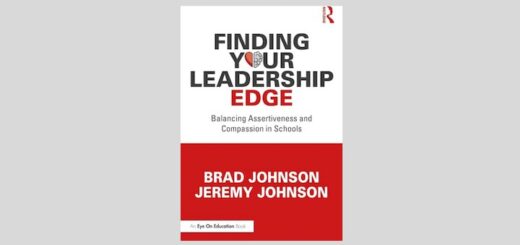
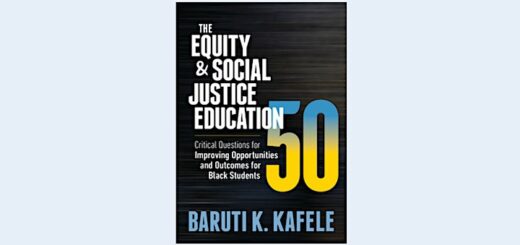
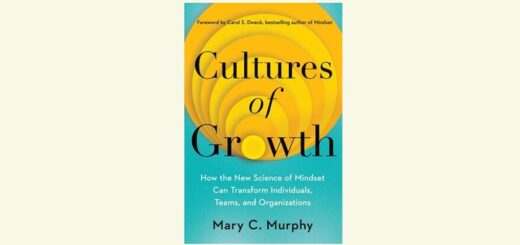
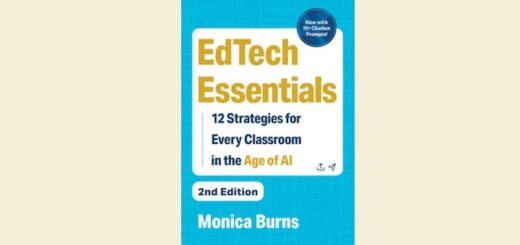
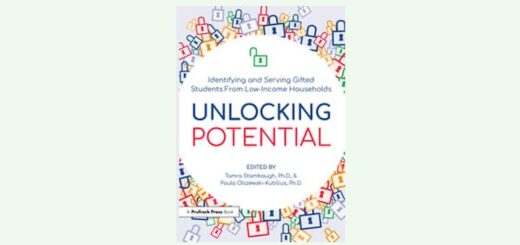


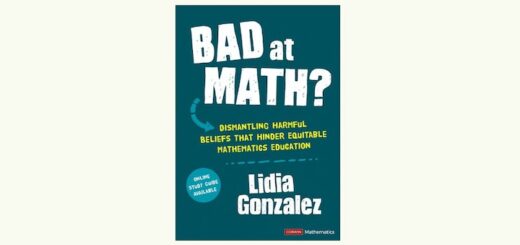

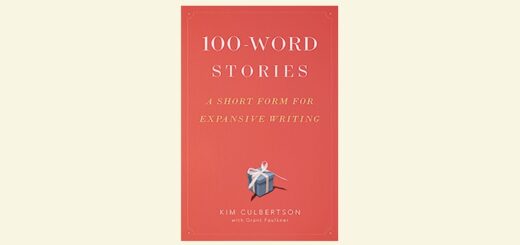


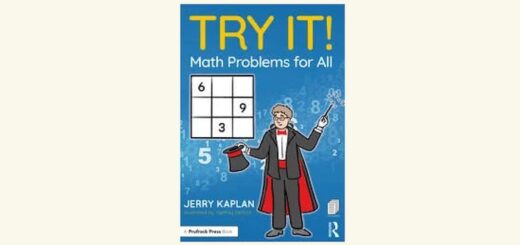


Also see Anthony Cody’s post at his Education Week blog Living in Dialogue: Could School Be Both Too Easy and Too Hard?